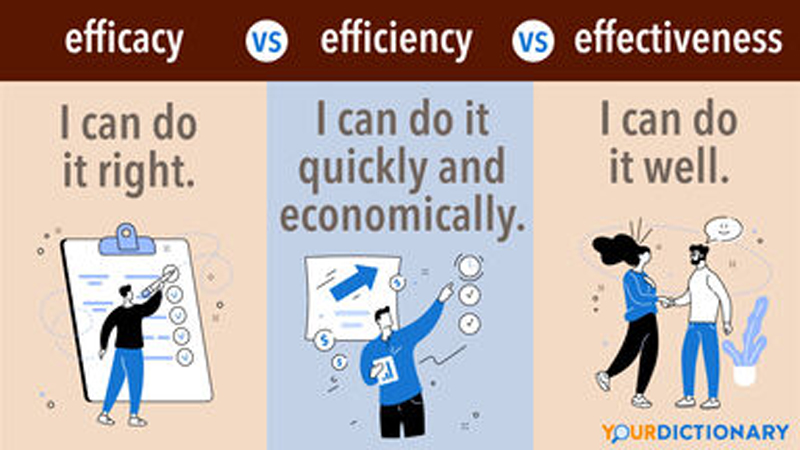Effectiveness Versus Efficacy: More Than a Debate Over Language
Effectiveness Versus Efficacy: More Than a Debate Over Language
SOURCE: J Orthop Sports Phys Ther 2003 (Apr); 33 (4): 163–165
Julie M. Fritz, PT, PhD, ATC, Joshua Cleland, PT, DPT, OCS
Department of Physical Therapy,
University of Pittsburgh,
Pittsburgh, PA.
As the physical therapy profession continues the paradigm shift toward evidencebased practice, it becomes increasingly important for therapists to base clinical decisions on the best available evidence. Defining the best available evidence, however, may not be as straightforward as we assume, and will inevitably depend in part upon the perspective and values of the individual making the judgment. To some, the best evidence may be viewed as research that minimizes bias to the greatest extent possible, while others may prioritize research that is deemed most pertinent to clinical practice. The evidence most highly valued and ultimately judged to be the best may differ based on which perspective predominates. One issue that highlights the importance of perspective in judging the evidence is the difference between efficacy and effectiveness approaches to research. These terms are frequently assumed to be synonyms and are often used incorrectly in the literature. There is actually a meaningful distinction between efficacy and effectiveness approaches to research. The distinction is not merely a pedantic concern within the lexicon of researchers, but impacts the nature of the results disseminated by a study, how the results may be applied to clinical practice, and finally how the results are judged by those who seek to evaluate the evidence. [5] Understanding the contrast between effectiveness and efficacy has important and very practical implications for those who seek to evaluate and apply research evidence to clinical practice.
Studies using an efficacy approach are designed to investigate the benefits of an intervention under ideal and highly controlled conditions. While this approach has many methodological advantages, efficacy studies frequently entail substantial deviations from clinical practice in the study design, including the elimination of treatment preferences and multimodal treatment programs, control of the skill levels of the clinicians delivering the intervention, and restrictive control over the study sample. [3, 13] The preferred design for efficacy studies is the randomized controlled trial, frequently employing a no-treatment or placebo group as a comparison in order to isolate the effects of 1 particular intervention. [7] Studies using an efficacy approach have high internal validity and typically score highly on scales designed by researchers to evaluate the quality of clinical trials. However, the generalizability of the results of efficacy studies to the typical practice setting has been questioned. [2] In clinical practice, therapists tend to use many different interventions within a comprehensive treatment program and, therefore, studies investigating the effects of an isolated treatment may appear less useful. In addition, clinical decision making typically entails choices between competing treatment options and, therefore, studies comparing an intervention to an alternative of no intervention (or a placebo intervention) may not seem as directly applicable to the process.
There are more articles like this @ our:


